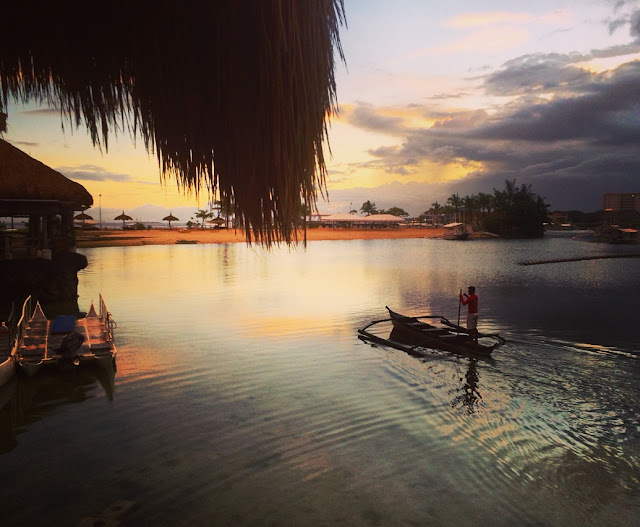From Peace Corps to ISLP: The Importance of Conscientious Travel
"Travel isn’t always pretty. It isn’t always comfortable. Sometimes it hurts, it even breaks your heart. But that’s okay. The journey changes you; it should change you. It leaves marks on your memory, on your consciousness, on your heart, and on your body. You take something with you. Hopefully, you leave something good behind."
--Anthony Bourdain
I’ve never been one to easily sit still. My parents recently told me that they were scared I was going to get kidnapped as a child because I would wander off at any given opportunity and talk to any person who would listen to me. That precocious sense of adventure, spirited friendliness and inherent wonder has always served me well though, and they have developed over the years into a rather compulsive travel habit. (Five continents down - I am coming for you, Antarctica!)
It is perhaps not surprising then that after graduating from college, I decided to enlist in the United States Peace Corps and spend two wonderful, challenging years in Swaziland, nor that I jumped at the chance to spend two wonderful, challenging weeks in the Philippines with the University of Louisville’s International Service Learning Program this December.
While the Philippines and Swaziland are disparate in many ways, I found myself, as I often do since my time in sub-Saharan Africa, noticing the similarities rather than the differences. The people are warm and friendly almost to a fault. The markets bustle in a way only markets can - with colors, sounds and smells unique to the hustle of fruit, fish and towers of off-brand flip-flops.
The students I taught are inquisitive (though that curiosity is mostly directed at me rather than the lessons) and cheeky. The dances may be different - the moves culturally distinctive - but the fact that they’re dancing in the first place feels universal. After school, FM radios and cell-phones crackle out a mix of local beats and worldwide pop hits while the kids shed their uniforms to socialize and play sport. In the Philippines, it’s basketball. In Swaziland, futbol.
The heat and humidity are familiar. Sweating through my shirts, I leave imprints of myself across the land, not from good deeds or cultural exchanges, but in puddles of sweat. I watch bemused as people cram themselves into makeshift buses (in Swaziland called khumbis, in the Philippines they’re known as jeepneys) and make their way about town.
I also see cultures marred by colonialism and remade in the image of oppressors. Identities formed by centuries of conflict and less than a lifetime of freedom. I know the havoc my ancestors have wrought and how a modern global economy rife with inequalities still profits off these lands.
You see, I seek out similarities when I travel not to comfort myself in the notion that we’re all the same, but rather to confront the discomfort in knowing that we’re not. Poverty, injustice and inequitable systems of power are not unique to emerging nations, and solutions to them cannot simply reflect outmoded definitions of development. Whether in your hometown or across the world, if you want to create a more justice-minded society, it starts with making connections between people and places. For those of us lucky enough, conscientious travel is such a crucial piece of that puzzle
From sub-Saharan Africa to the South Pacific to the South of Louisville, it is deeply important for us to wander in ways that challenge us to examine both how our world was built and how our own worldview was formed. Whether through a program like Peace Corps or the University’s International Service Learning Trips, it is a privilege to travel in this way and if you have the opportunity, it sure would be a shame to waste it.
--Lauren North
University of Louisville Law School, Class of 2020







Comments
Post a Comment